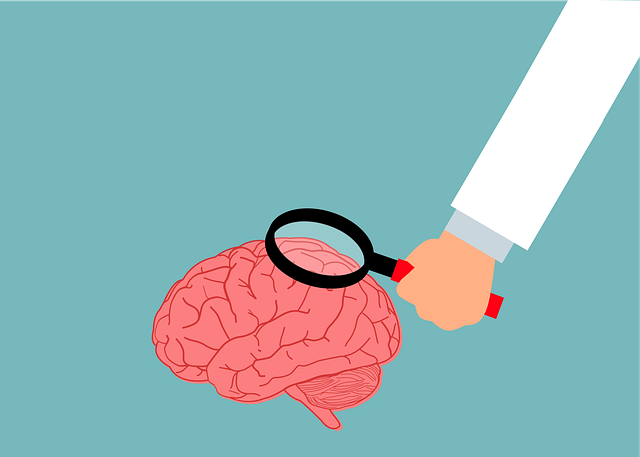Cognitive remediation is a type of rehabilitation treatment that decreases cognitive deficits using exercises that enhance memory, attention, language, and executive functioning.
Cognitive remediation is focused rehabilitation for an individual’s cognition. This rehabilitation starts with a cognitive assessment by an experienced professional like a psychologist. The evaluation will shed light on what facets of cognition need improvement and help the treatment team develop an effective therapy program. People who practice remediation therapy may experience enhanced cognition that translates to improved daily living and an enriched social, work, or school life.
Types of Cognitive Remediation
There are two types of cognitive remediation: compensatory and restorative.
Compensatory remediation functions mainly on reducing stress in a person’s environment. This sort of remediation is primarily used with individuals with brain damage.
The primary goal is to simplify daily living activities, reducing their cognitive load. An example of this could be using a pillbox to help people remember when to take daily medications instead of relying on memory. The therapy also aims to strengthen other functions when one area of cognition is too compromised to recover.
Restorative remediation lets the individual improve their cognitive functions by practicing exercises to enhance them. This training improves cognitive functions and can aid in recovering lost functions.
Who Benefits from Cognitive Remediation?
Cognitive remediation is used to remedy cognitive disorders. It is commonly used to help individuals with schizophrenia, anorexia, bipolar disorder, depression, cerebral palsy, and other conditions that affect cognition. Cognitive remediation therapy can also be used to help children with autism or attention deficit disorders.
Cognitive remediation therapy aims to teach people strategies they can apply to their daily lives. Cognitive remediation therapy aims to help people perform everyday tasks with more ease and confidence, which promotes autonomy and independence. This type of therapy can also positively affect a person’s mood and may reduce stress.
During therapy sessions, people work on exercises to improve the areas of cognition where they experience deficits. This may include tasks related to planning, improving mental flexibility, or enhancing memory and attention. Ultimately, cognitive remediation therapy can help anyone struggling with cognitive declines that affect their daily lives.
Benefits of Cognitive Remediation
Cognitive remediation allows your brain to build new connections and repair previous pathways related to thinking, memory, and other essential functions. People who participate in this form of therapy may experience easier learning, better executive functioning, and more confidence in performing everyday tasks.
Effective Cognitive Remediation Therapy
The Hartman Center provides effective cognitive remediation therapy for a range of conditions that cause cognitive deficits. Our team is experienced in various treatments, and we look forward to developing a personalized plan to help you recover. Call us to speak with a coordinator or ask any questions that you might have about our services.
